In the Visual Studio form designer, you can add an event handler on the Properties window in the "Events" list by double-clicking it. You can also add an event handler — at least in VB.NET — in the code view by selecting the associated "Events" item in the left-hand drop-down and then the desired event in the right-hand drop-down. My question is: how is it that some events that are only available via the latter technique and not the former? For example, the HandleCreated event is available in the code view:

But not in the designer:

This is fine in VB.NET because I can always use the first technique to quickly generate the event handlers. However, in C#, the first technique is not possible, yet the problem still exists; that is, some events are not present in the designer list in the Properties window. The only other way I know of creating the event handler is to manually add it, which includes manually wiring up the event handler.
Is there something technical that makes it so that some events are missing from the designer Events list in the Properties window? Given that that is true, how can I quickly generate event handlers in C# like I can in VB.NET?